I'm doing a program using Slim 2 that uses Twig as my templating engine. so It uses the syntax {{ foo }} in php file. On the other hand, I'm using vue.js, it also uses {{ bar }}.
E.g.
I'm gonna do the two way binding, below is my html code.
<div class="container">
Label Value: <label>{{ foo }}</label><br>
Field Value: <input v-model="foo">
</div>
and here is my vue js code.
new Vue({
el: '.container',
data: {
foo: 'Hello world.'
}
});
So the Hello world should be in the Label Value.
The output is the image below.

Which it did not worked, probably the system thought it's a twig variable. So I checked by passing variable in a view.
$app->get('/', function() use ($app) {
$app->render('login.php', [
'foo' => 'FROM PHP FILE'
]);
})->name('login');
So I checked, the Label Value: shows the variable that I passed from the PHP file not on the VUE code.
Kind of hard to explain but you get the point. Was wondering how to bypass twig's template and use the {{ }} from vue also.
